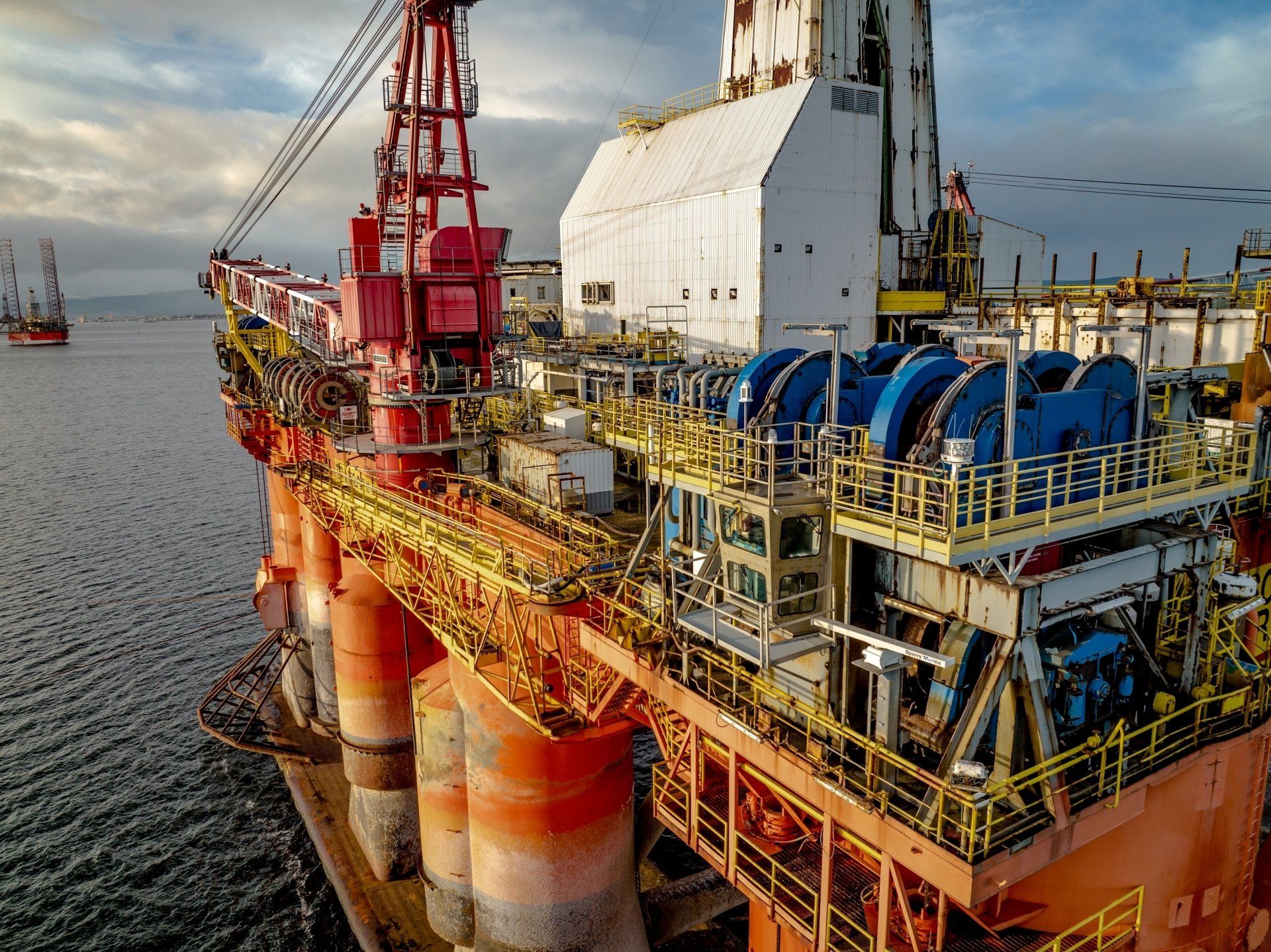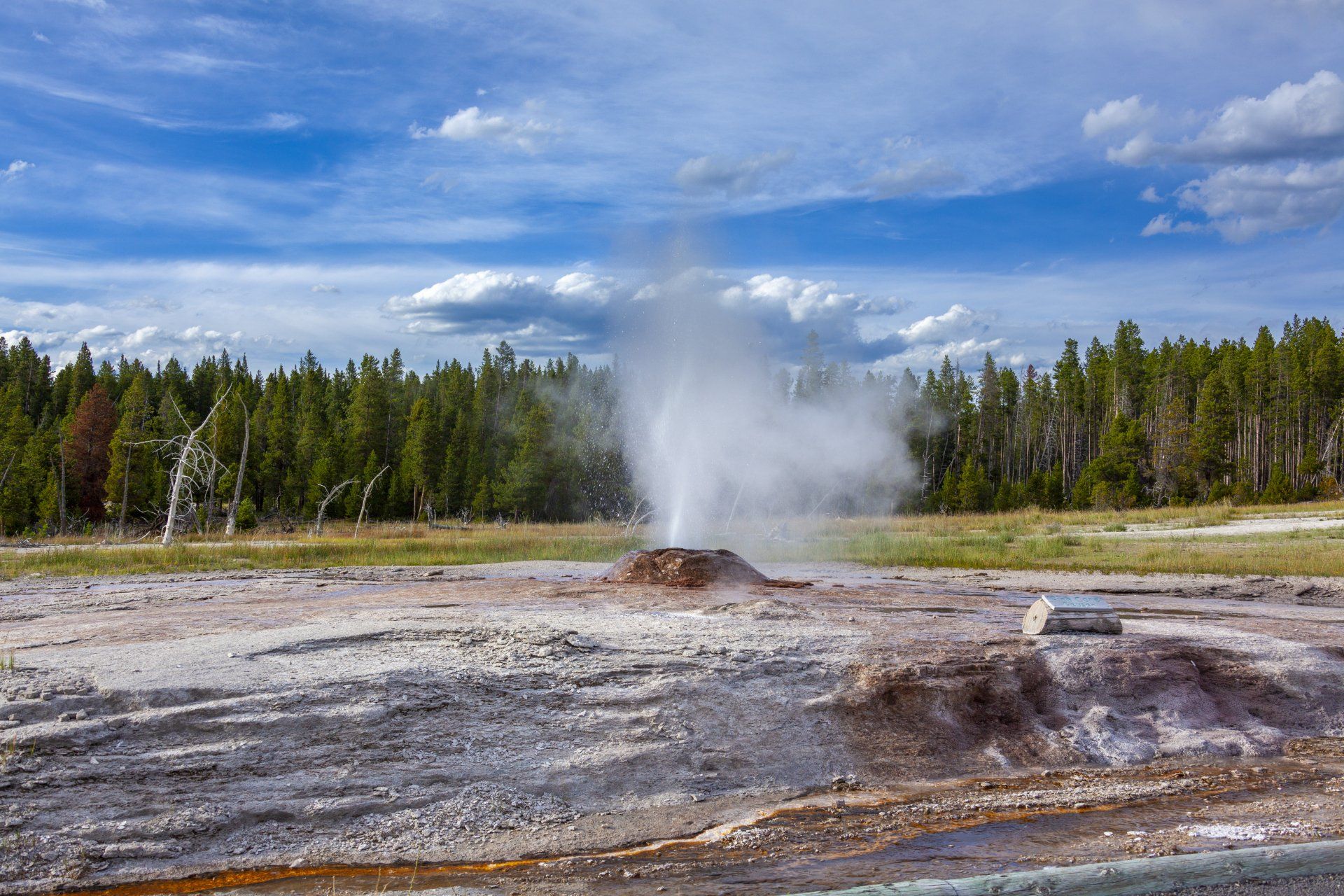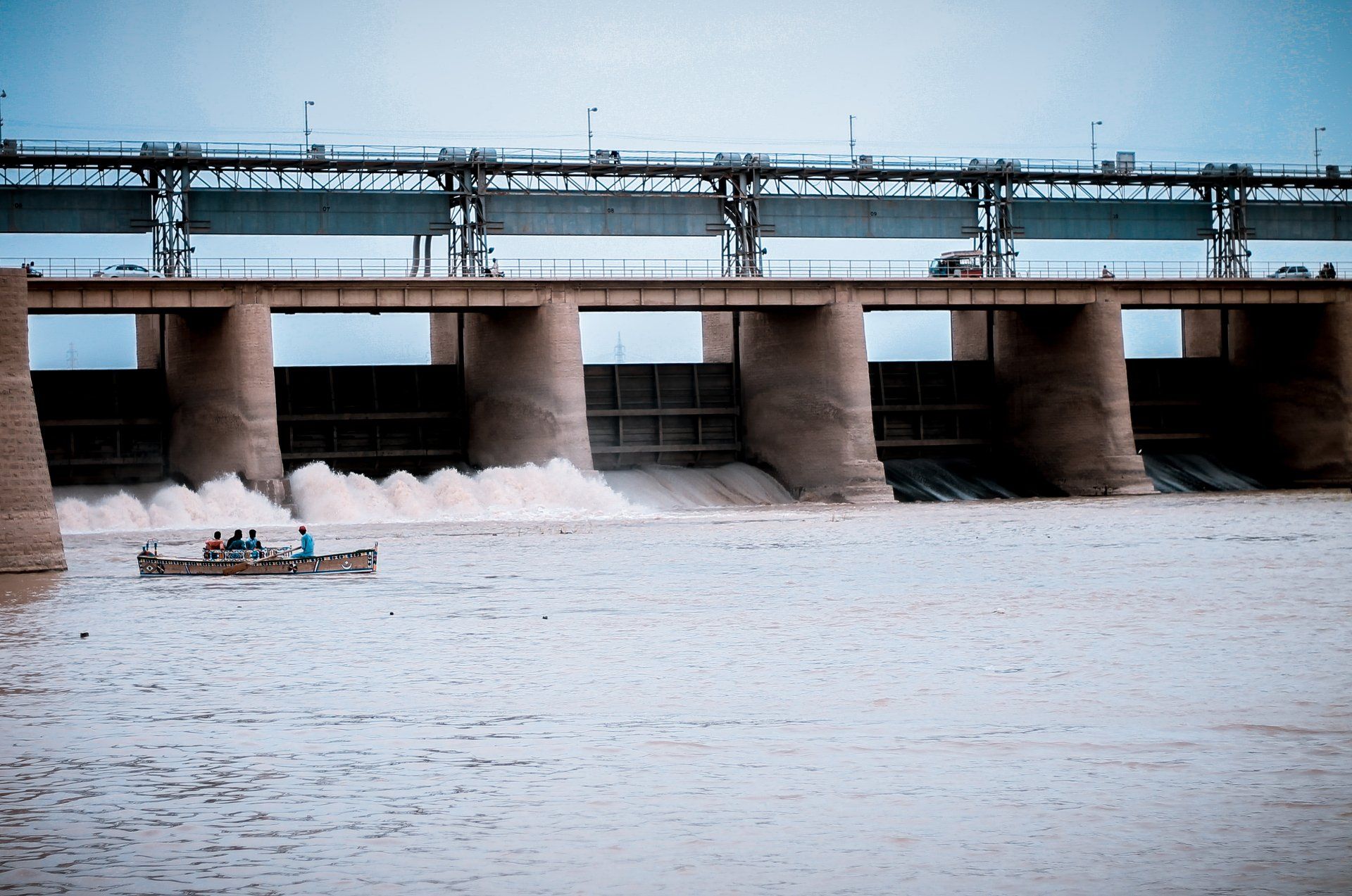Reservoir
C O U R S E S
Quick Links
Applied Reservoir Engineering offers the practicing engineer
and engineering student a full description, with worked
examples, of all of the kinds of reservoir engineering topics that
the engineer will use in day-to-day activities.
This course is designed for reservoir and production
engineers, and those involved in reservoir evaluation, reserve
determination and recovery optimization.
The course is considered to be a direct application of petroleum engineering that applies scientific principles to the drainage problems that arise during the development and production of oil & gas reservoirs, so as to obtain a high economic recovery.
The working tools of the reservoir engineer are subsurface
geology, applied mathematics, and the basic laws of physics and chemistry governing the behavior of liquid and vapor phases of crude oil, natural gas, and water in reservoir rocks.
This course is designed for geoscientists and engineers. It is
intended to provide an introductory course in the field of basic
reservoir engineering
This training course addresses the subsurface concepts
of Chemical-Enhanced Oil Recovery. It will explain the
displacement characteristics and design criteria for a Chemical EOR process. It also covers low-salinity water flooding, polymer, surfactant flooding, ASP flooding, and a short introduction in microbial EOR.
This course is designed for petroleum engineers, reservoir
engineers, supervisors, and development managers
This course covers EOR methods of the three main processes
(thermal, miscible, and chemical)1 It includes CO2 and
hydrocarbon miscible gas injections practices, chemical
technologies of polymer, surfactant and alkali-surfactant floods, and thermal methods of steam injection.
This course is designed for petroleum engineers, reservoir
engineers.
This course provides an overview of the evaluation, completion,
stimulation, and development of tight gas reservoirs. Topics
covered include geologic characteristics of tight gas reservoirs, formation evaluation in tight gas reservoirs (including log and core analysis, in-situ stress tests, and well tests), estimating reserves and well performance, hydraulic fracture treatment design and execution, and field development considerations.
This course is designed for engineers actively involved in the
operation and management of gas reservoirs. Geoscientists
working with gas reservoirs in field development and expansion planning would also benefit from attending this course.
This course will provide a comprehensive and clear
understanding of the technical and commercial operation of the oil & gas industry. The course will look at the industry principles such as: exploration & production, geology, transportation, storage, prices, legal and commercial systems.
This course is designed for new executives to the industry,
commercial managers, various engineering disciplines, HR
managers, marketing, sales, and legal & commercial managers.
In this course, the principles of sound reservoir management
are presented with emphasis on practical applications. Actual
case histories are used to study both successes and failures.
An interdisciplinary synergistic approach to efficient reservoir
management is detailed with the goal of optimized profitability.
This course is designed for reservoir, production and operations engineers, geologists, geophysicists, managers, experienced technicians and service company personnel responsible for improving the performance of petroleum reservoirs
This course is designed to give a comprehensive account of
methods and techniques used in modern well testing and
analysis. Subsequently to outlining well test objectives and
general methodologies, the course briefly gives an outline
of theoretical aspects; primarily to show limitations,
assumptions and applicability of various techniques.
This course is designed for reservoir and production engineers.










